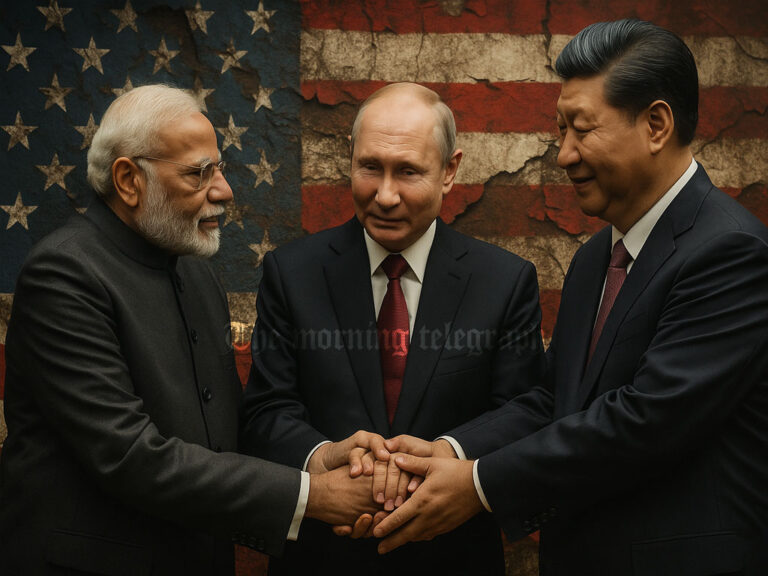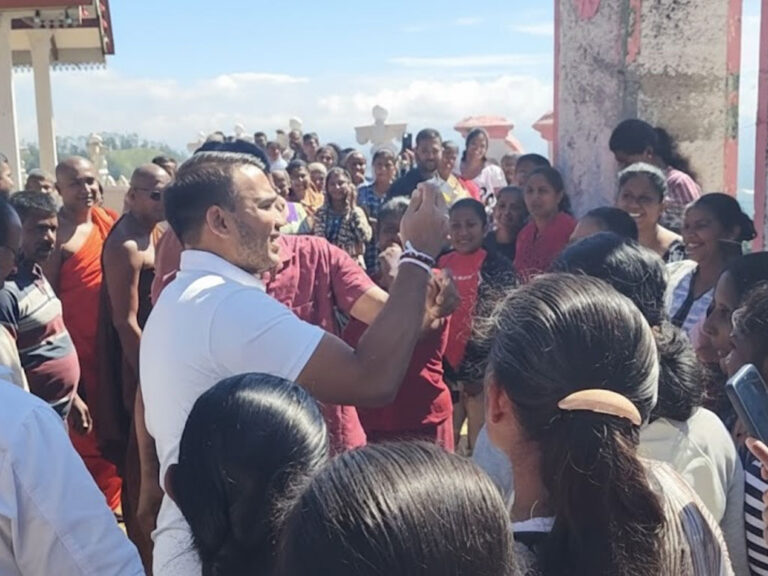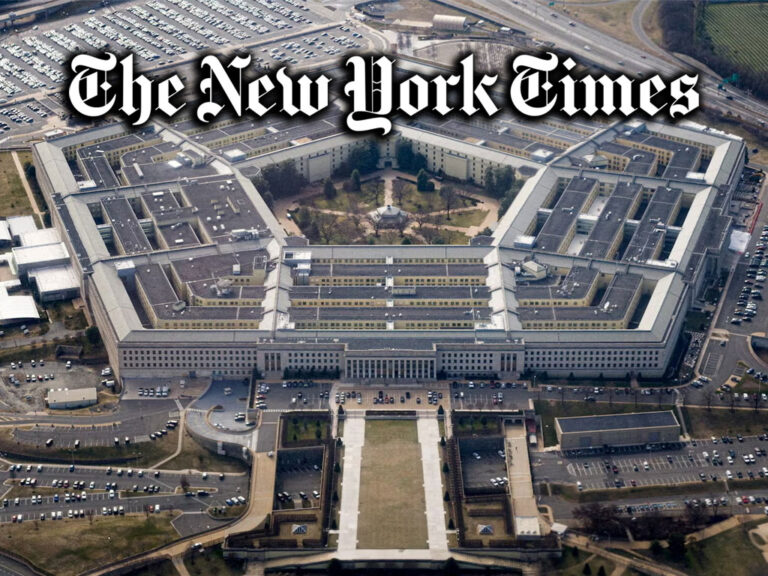
Sri Lanka is witnessing a slow and insidious decay of its public discourse, driven not by tanks or tyrants, but by tweets, thumbnails, and trolls. The country now grapples with a new menace: digital parasites – self-styled influencers who distort facts, manufacture outrage, and thrive on monetized misinformation, all while masquerading as defenders of free speech.
These provocateurs don’t use weapons, yet their arsenal manipulated content, doctored videos, and unverified claims has become more corrosive than bullets. The state, and indeed society itself, stands vulnerable not to foreign invaders but to an internal erosion of truth. Left unchecked, this could dismantle Sri Lanka’s sovereignty from within.
The government must act not with censorship, but with law, scrutiny, and principled governance.
Let them speak, yes, but make them prove. Let them accuse, but demand they substantiate. Let them publish,but when proven fraudulent, let them pay the price.
A digital media oversight protocol must be swiftly implemented. Foreign-hosted misinformation must be flagged and taken down. Sri Lanka’s missions abroad should coordinate with host nations to prosecute actors behind content that foments unrest or peddles defamation. Freedom of speech must not become a shield for digital sabotage.
Those who pose as investigative journalists must be held to the same legal and ethical standards as traditional media. Let them disclose funding sources, register under a verified civic registry, and bear consequences for fabrications.
This is not a war against social media, it’s a war against manipulation. These aren’t journalists; they are digital hitmen clothed in theatrical outrage. They aim not for justice, but for virality, often aided by external patrons and domestic vendettas. What follows is a choreographed drama: titles inflame, comments echo orchestrated rage and public discourse is hijacked by theatrical lies.
Nowhere is this manipulation more grotesque than in the exploitation of the 2019 Easter Sunday massacre. Digital opportunists have twisted a national tragedy into a macabre performance, monetizing suffering while inciting paranoia. The blood of innocents has become a backdrop for algorithms.
These influencers don’t act alone. They are bankrolled by ideologues and geopolitically aligned actors who see Sri Lanka’s vulnerability as a tactical gain. Their goal: destabilize post-war equilibrium and sow chaos. And Sri Lanka’s society divided, suspicious, and ever willing to believe the worst, is fertile ground for their virality.
The complicity of silence is just as dangerous. The government must draw a clear line between free expression and cyber-lynching. Between engagement and extortion. Between speech and sabotage.
Let there be no illusions. This is not about censorship, it is about accountability. The moment demands courage, clarity, and a moral stand.
As President Dissanayake recently emphasized in Badulla, no one should be judged without evidence. His assertion is a clarion call for sanity in an age ruled by speculation. Likewise, the Cabinet’s insistence on CID-led investigations into the Easter attacks reminds us that due process, not digital popularity, must govern justice.
Sri Lanka must not allow Wi-Fi warriors and monetized YouTubers to weaponize gossip. The country must defend itself. The time for action is now.
SOURCE :- SRI LANKA GUARDIAN




